10 Humanitarian Crises That Demand Our Attention Now
Children’s lives, safety, well-being and futures are under attack in an increasingly dangerous and unequal world. In 2023 millions of children suffered the consequences of conflict, extreme climate events, deadly disease outbreaks, global economic shocks and mass displacement, which threaten their safety, wellbeing and futures.
In 2024 these threats are only set to intensify. Nearly 300 million people – or 1 in 27 people – will require humanitarian assistance this year. Conflict and climate disasters have also forced more people from their homes than at any other time since the beginning of the century.��Multiple displacement, where the same child is forced to leave their home again and again, is sadly the norm for many children in places such as Gaza, Syria and the Democratic Republic of Congo.
The challenges that 2024 bring are daunting, but with collective action – collaborating with children, communities, partners, governments, international institutions and our supporters – we can accelerate and amplify impact for children facing today’s greatest threats. Together we can help children fight for their childhoods.��
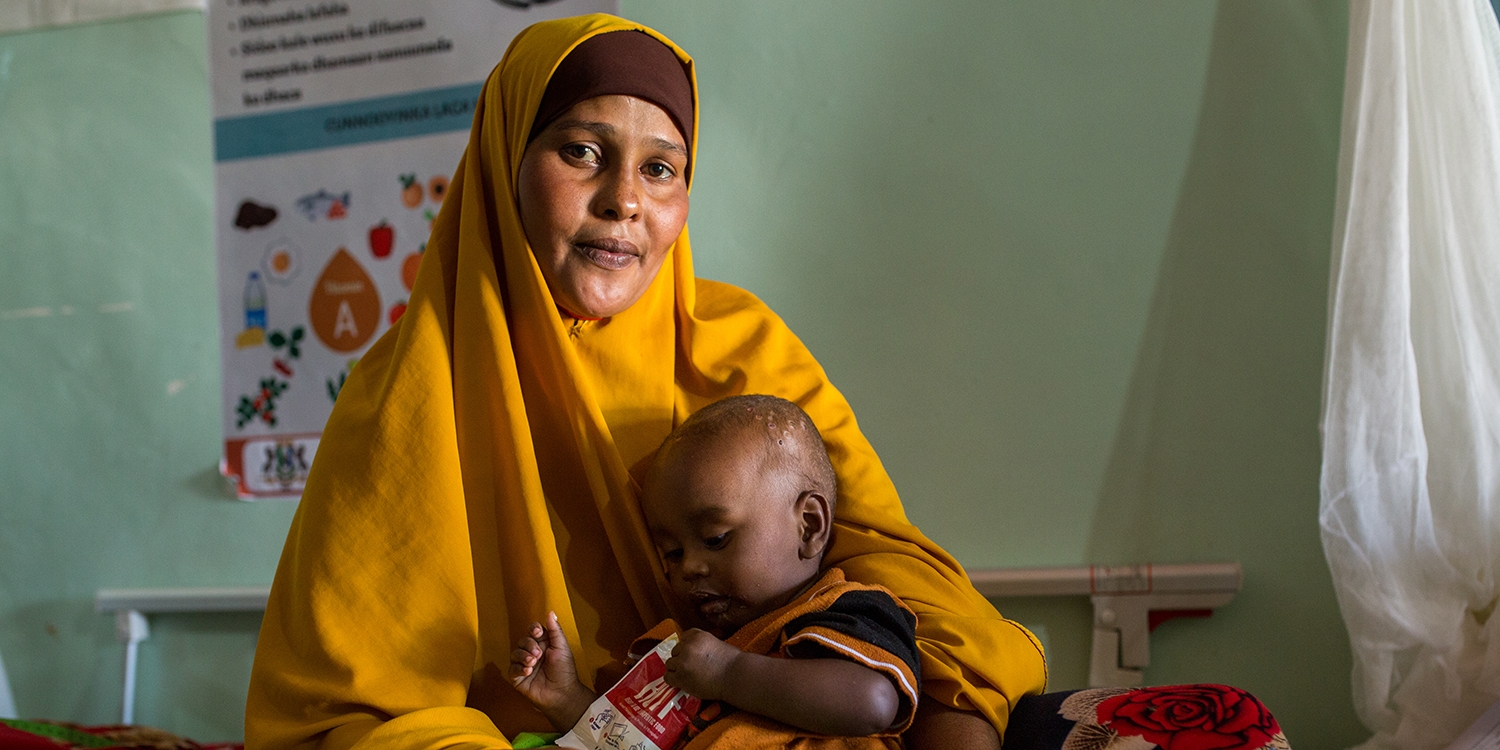
1. SOMALIA��
Somalia is experiencing one of the world’s worst hunger crises after its worst drought in four decades.��Nearly two in five children under the age of five��are likely to suffer from acute malnutrition by July 2024.
Somalia saw the second-largest number of children on the move in 2023, mostly due to floods, drought, conflict and insecurity. Up to 1.6 million additional children may have been displaced internally or externally in 2023, bringing the total number of children displaced in Somalia to 2.4 million. LEARN MORE ABOUT THE HORN OF AFRICA CRISIS.
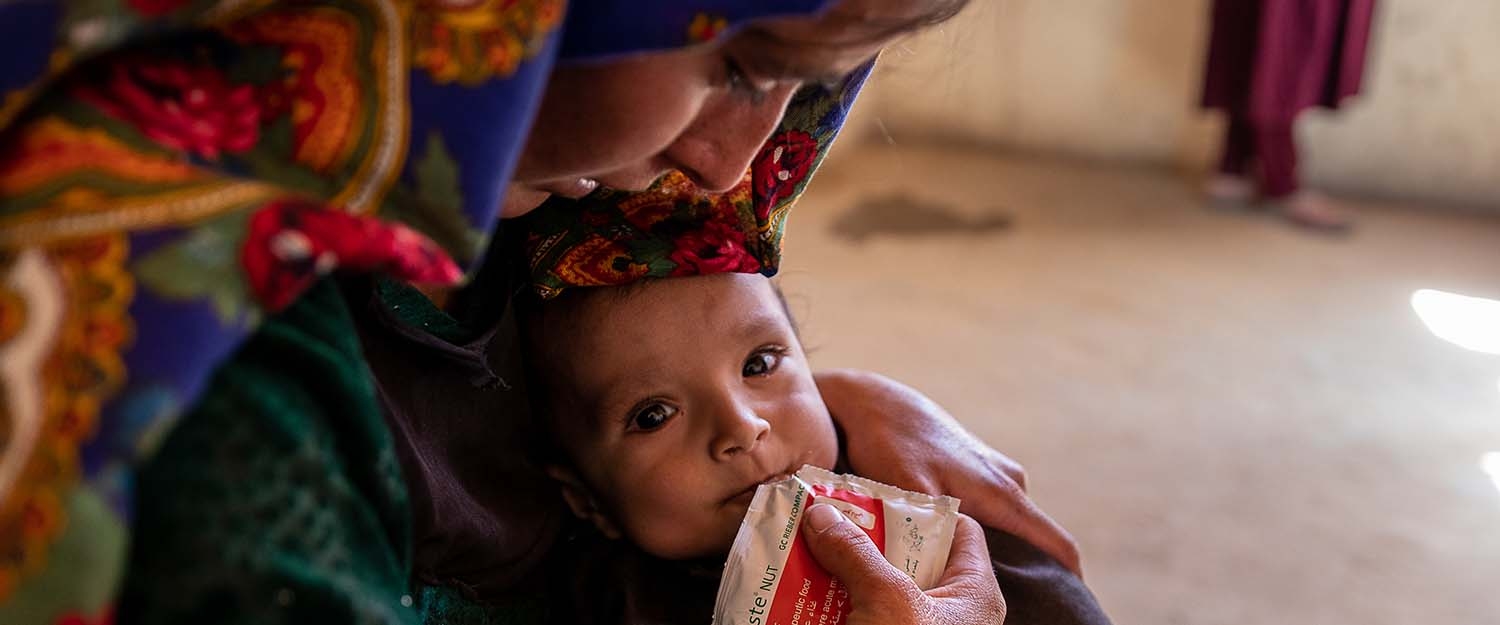
2.������ұᴡ�������մ���
Afghanistan is one of the world's most vulnerable places to the impacts of extreme weather and is currently enduring its worst drought in 30 years.
A warmer-than-average winter and lack of snow are ominous signs of worsening climatic and drought conditions in��Afghanistan. According to international estimates, 7.8 million children will enter 2024 not having enough to eat. If drought conditions continue into 2024, children's lives will continue to be at risk as crops could fail yet again and the impact of climate change deepen. LEARN MORE ABOUT THE AFGHANISTAN CRISIS.
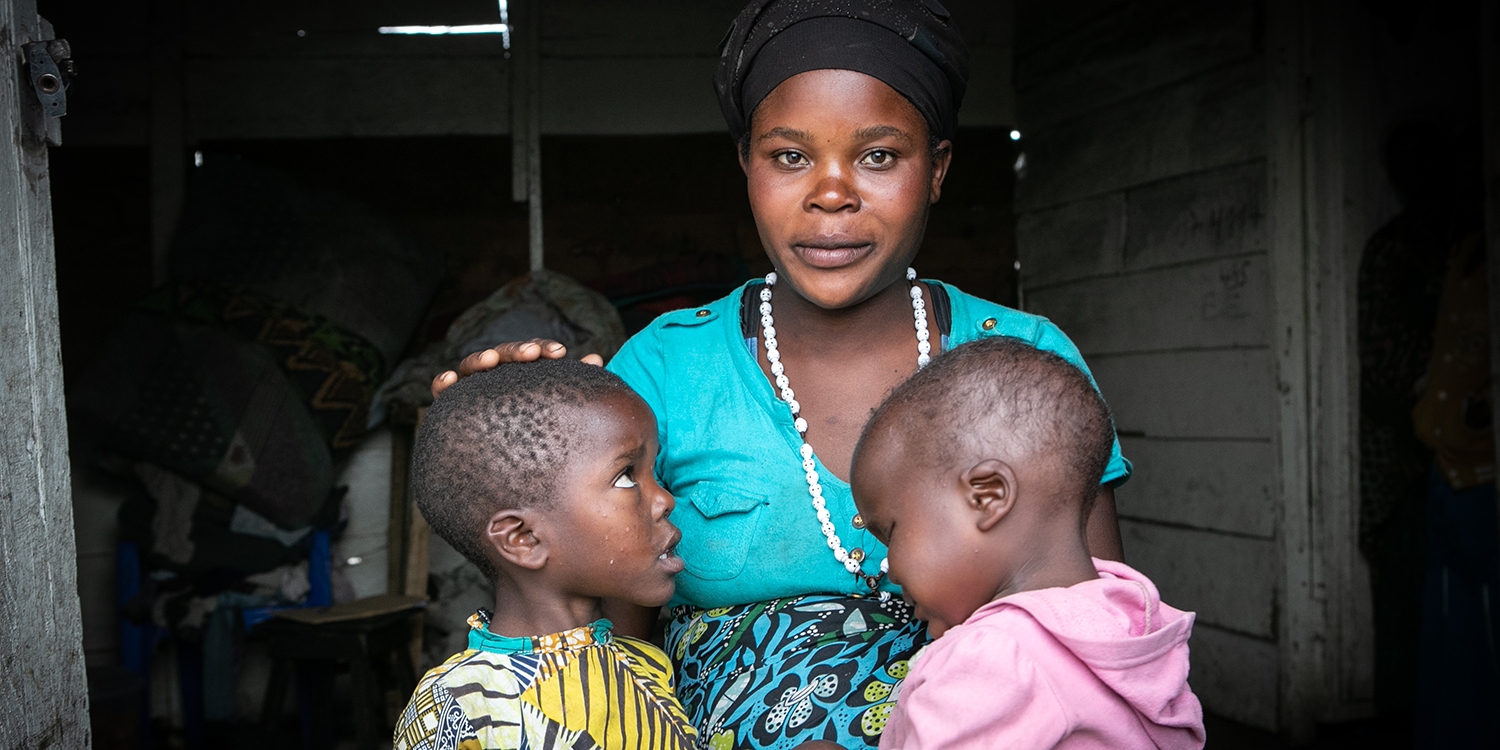
3.��DEMOCRATIC REPUBLIC OF CONGO
The DRC has long suffered from repeated cycles of influx of refugees, conflicts and unrest. Today, more than 25 million people are in dire need of humanitarian aid to survive, and over seven million are displaced.��
Escalating violence in eastern��DRC��has forced at least 78,000 children to flee their homes in a single week in February 2024.��The renewed fighting between the Armed Forces of the Democratic Republic of the Congo (FARDC) and M23, a non-state armed group, has displaced at least 150,000 people, more than half of them children.��LEARN MORE ABOUT THE DEMOCRATIC REPUBLIC OF CONGO CRISIS.
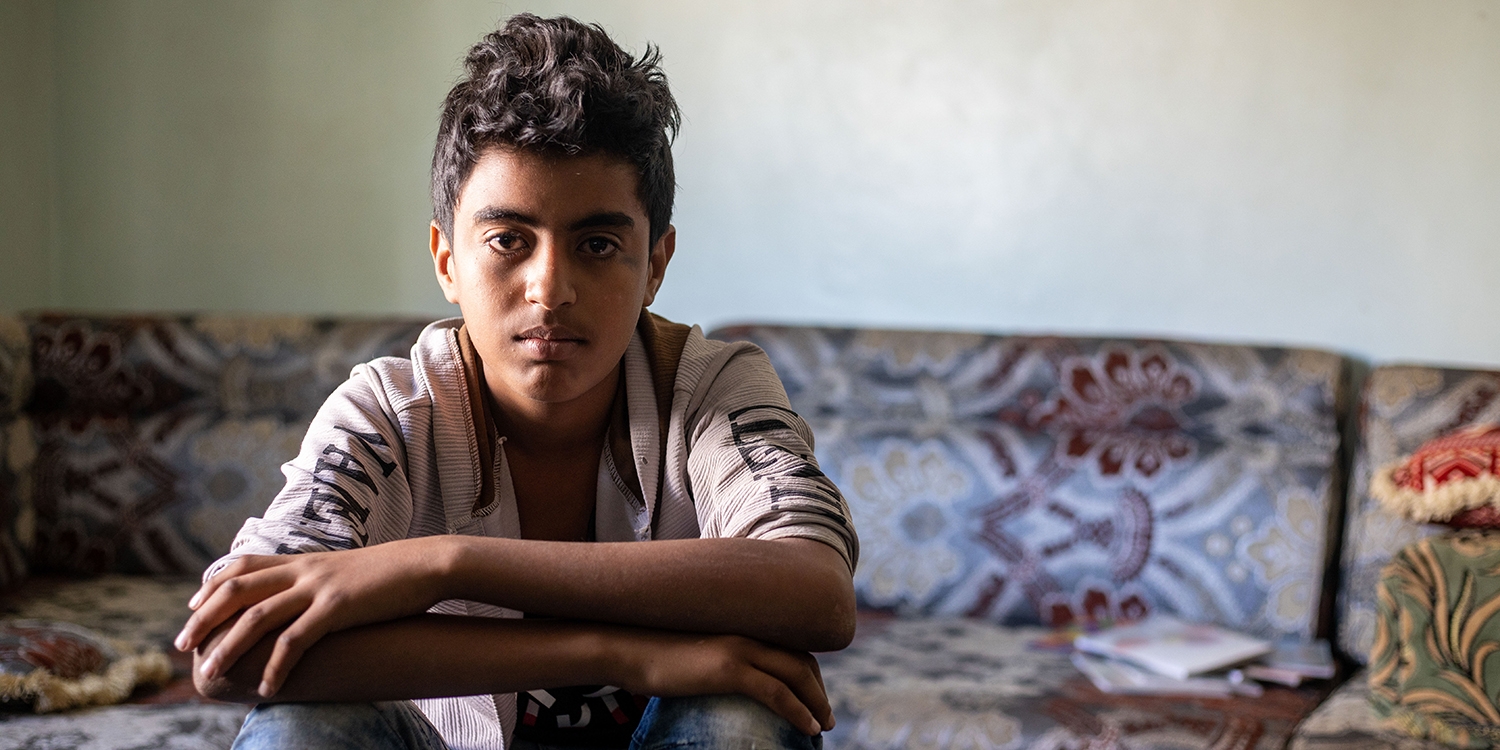
4.�����۷��ѷ���
The majority of the population—over 18 million people, half of them children—are in humanitarian need after nine years of brutal conflict.
Yemen is currently experiencing some of the highest malnutrition rates ever recorded with a staggering��17.6 million��people facing acute food insecurity in 2024.��4.5 million��people remain displaced, many of them repeatedly, which has dismantled their capacity to cope with shocks like disruptions in access to critical aid and basic goods.��LEARN MORE ABOUT THE YEMEN CRISIS.

5. SYRIA
After more than 12 years of conflict, Syria's children deserve the chance at a safer, brighter future.
Many live in areas where basic services are almost non-existent and the infrastructure they rely on has been decimated. More than half the population has been forced to flee their homes, and thousands of children have been orphaned or separated from their families in the chaos of war.�� LEARN MORE ABOUT THE SYRIA CRISIS.
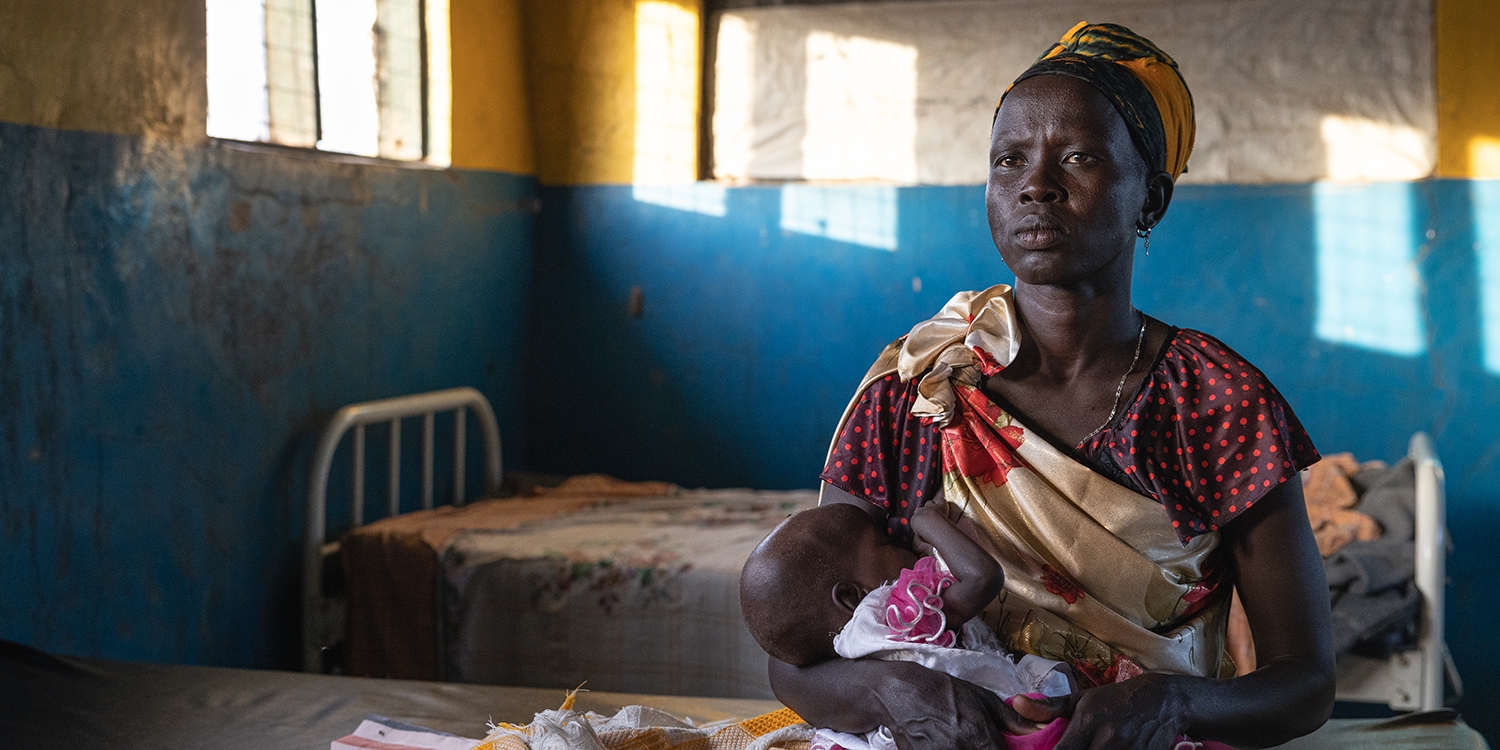
6. SOUTH SUDAN
In South Sudan, successive years of devastating floods, civil war, intercommunal conflict and a deteriorating economy have driven hunger to historic levels.
As ever worsening flooding displaces a large swath of the population, communities fight over scarce resources, including limited food and water. The natural result has been that youth and children are being pushed into joining armed groups that provide a source of livelihood as well as security to their families.��LEARN MORE ABOUT THE SOUTH SUDAN CRISIS.
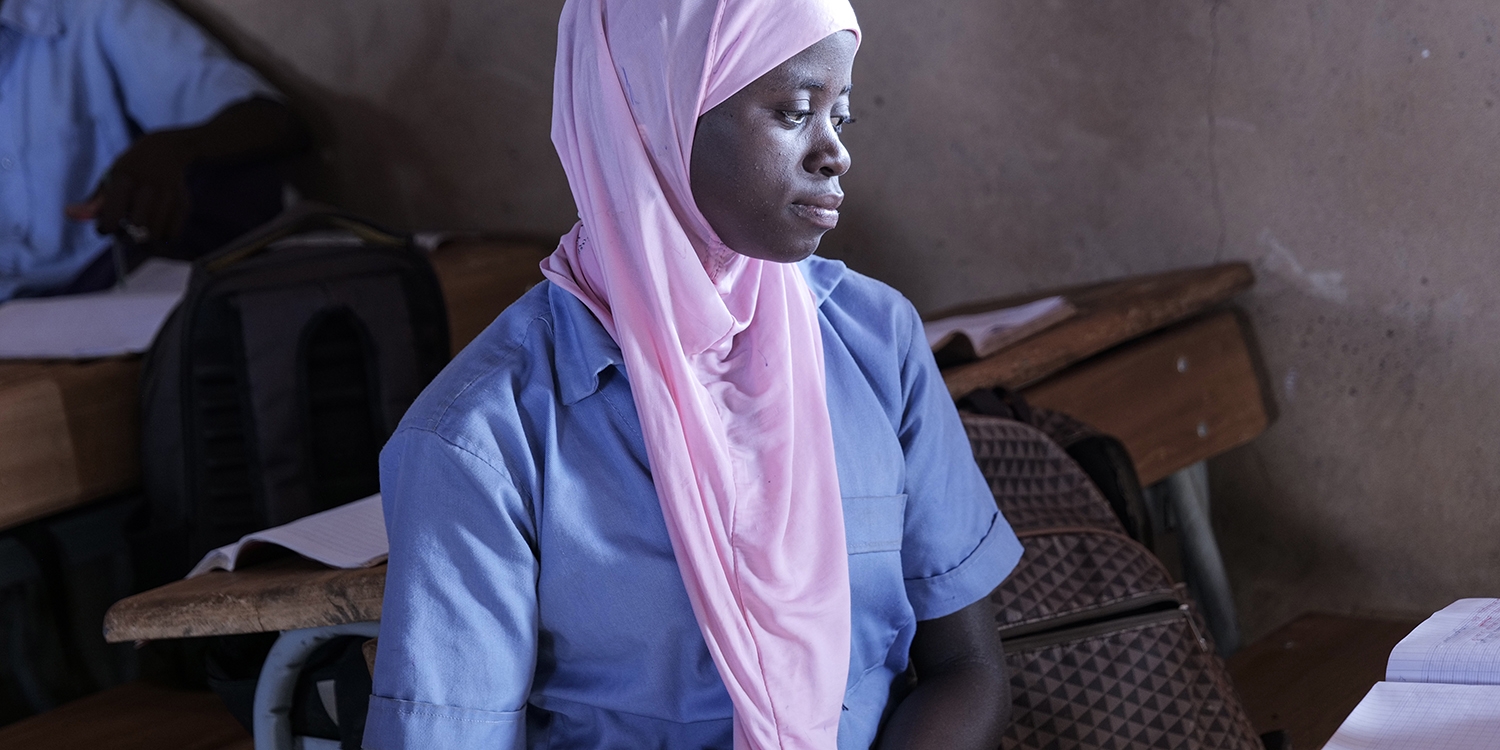
7. BURKINA FASO
Increased conflict in rural areas in Burkina Faso has led to massive displacement, forcing a mass exodus of people fleeing toward urban areas.
Since the summer, 1.8 million people have been displaced, over 60 percent of whom are children. While severe drought in the Horn of Africa is raising alarms about a possible famine, West and Central Africa’s crisis is just as worrying as the region is the world’s most food insecure region in proportion to its population.��LEARN MORE ABOUT THE BURKINA FASO CRISIS.��
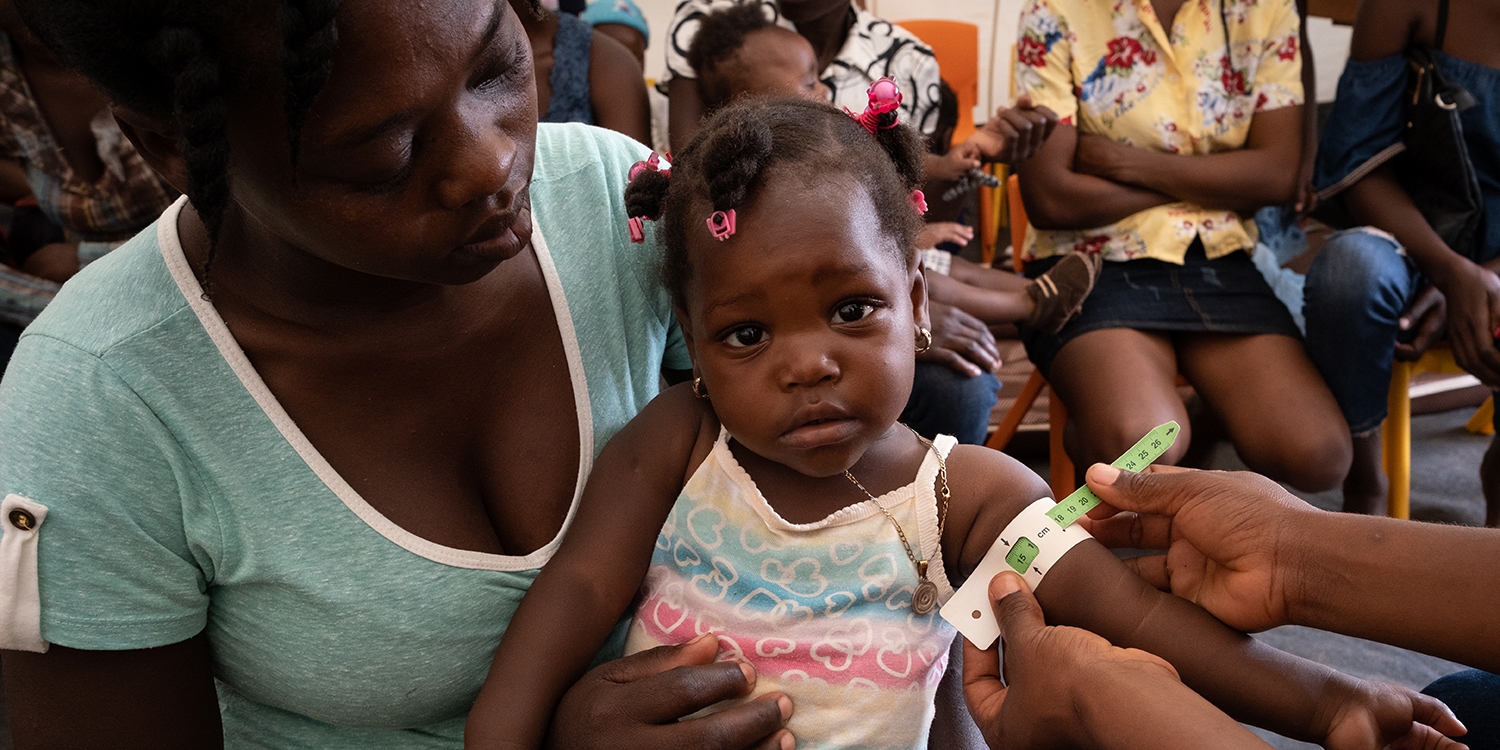
8. HAITI
In Haiti, armed actors are increasingly deploying violence to control communities while families are facing displacement and extortion.
Armed actors are cutting communities off from health and education services, damaging livelihoods and threatening lives. It is estimated that 4.7 million people are facing hunger with almost 20,000 in famine conditions. The country is also in the midst of a severe cholera outbreak, with children accounting for roughly 65 percent of confirmed cases.��LEARN MORE ABOUT THE HAITI CRISIS.��
��

9.��VENEZUELA
The lingering effects of Venezuela’s economic collapse continue to drive migration and humanitarian need.
Soaring inflation and a lack of affordable food and medicine has forced 7.1 million Venezuelans to leave their country since 2014. Two out of five Venezuelans are estimated to be food insecure and healthcare services are severely strained, leaving children and pregnant women more at-risk for preventable diseases.��LEARN MORE ABOUT THE��VENEZUELA CRISIS.��

10.��LEBANON
An unprecedented economic and financial crisis means that people in Lebanon can no longer afford basic commodities and services.
In the last few years, the country has been hit with crisis upon crisis: a financial collapse that's devalued the currency, political instability, COVID, and widespread power shortages. Decaying infrastructure and insufficient energy to fuel water filtration plants has contributed to the country’s first cholera outbreak in nearly three decades, threatening the lives of thousands of children.��LEARN MORE ABOUT THE��LEBANON CRISIS.��
WHAT YOU CAN DO TO HELP
Donate today to our to help us respond quickly to humanitarian crises across the globe that are threatening children’s lives. Join our friends at and add your name now to demand Congress invests in children’s futures in 2024 and beyond.
